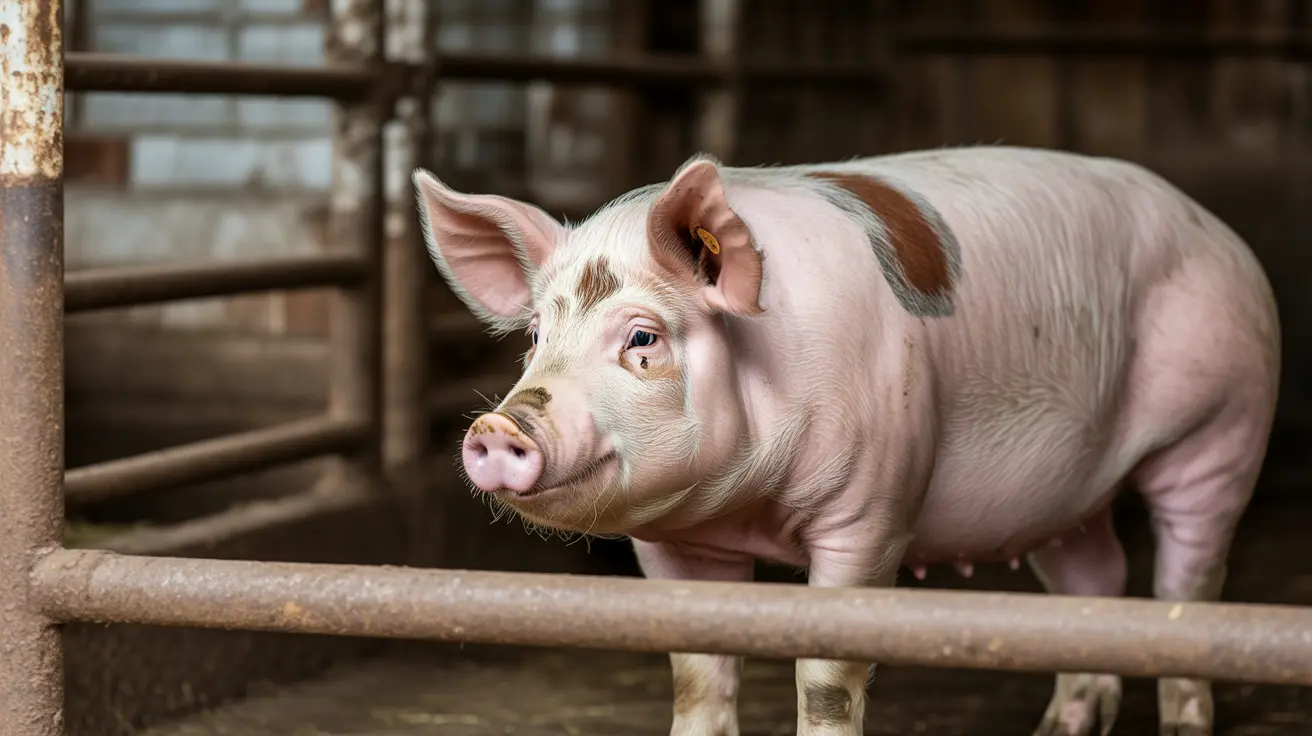Is Chicken Good for Dogs? A Detailed Guide
Chicken stands out as one of the most popular and nutritious protein sources in dog diets. Many commercial dog foods list chicken as a main ingredient, and it’s easy to see why: it’s packed with essential amino acids, B vitamins like niacin and B6, and minerals such as phosphorus and selenium. These nutrients help support your dog’s muscle health, energy levels, immune system, and even promote a shiny coat.
Why Chicken Is Beneficial for Dogs
Dogs need protein to build and maintain muscles. Chicken delivers this in an easily digestible form. It also provides vital nutrients:
- Amino acids for muscle growth and repair
- B vitamins (niacin & B6) for metabolism and energy
- Phosphorus & selenium for bone strength and immune function
If your dog has a sensitive stomach or is recovering from illness, plain boiled or baked chicken is often recommended because it’s gentle on digestion. You can serve it alone or mix it with rice or certain vegetables (as long as they’re safe for dogs).
How to Safely Prepare Chicken for Dogs
The safest way to offer chicken is cooked, boneless, and skinless. Bones—whether raw or cooked—can splinter and cause choking or serious injury to your dog’s digestive tract. Always remove them before serving.
- Choose boneless, skinless breasts or thighs.
- Rinse the meat and cut into appropriate-sized pieces.
- Boil in plain water until the internal temperature reaches at least 165°F (74°C). Don’t add any seasonings, salt, onions, garlic, or spices.
- Cool the chicken thoroughly before shredding or cutting into bite-sized pieces.
You can refrigerate cooked chicken in an airtight container for up to three to four days or freeze portions for longer storage.
Avoid These Chicken Products
- Chicken nuggets and fried chicken: They contain unhealthy fats, excess salt, and additives that can upset digestion or cause long-term health issues like obesity or pancreatitis.
- Seasoned chicken: Ingredients like onions, garlic, sauces, or excessive salt are toxic or irritating to dogs’ digestive systems.
If you want to enhance your dog’s meal with flavor, unsalted chicken broth (free from onions and garlic) is safe. Properly prepared chicken feet can provide glucosamine and chondroitin for joint health (and even support dental health), but must be cleaned thoroughly and served without additives.
Raw Chicken: Risks Involved
Some owners follow raw diets that include uncooked chicken. However, feeding raw chicken increases the risk of bacterial contamination—think Salmonella or E. coli—which can lead to foodborne illness in both dogs and humans who handle the food. For safety’s sake, stick with thoroughly cooked options.
Watch Out for Allergies
A small percentage of dogs develop allergies to chicken. Signs may include itchy skin, redness, hair loss, ear infections, rashes, vomiting, or diarrhea. If you notice any of these symptoms after introducing chicken into your dog’s diet, consult your veterinarian right away—they may recommend an elimination diet or suggest switching proteins.
How Much Chicken Should Your Dog Eat?
- Extra-small dogs (2–20 lbs): about 1 tablespoon cooked unseasoned chicken
- Small dogs (21–30 lbs): about 2 tablespoons
- Medium dogs (31–50 lbs): up to 1/4 cup
- Large dogs (51–90 lbs): about 1/3 cup
- Extra-large dogs (91+ lbs): about 1/2 cup
Treat these amounts as occasional treats or meal toppers—not replacements for a balanced diet. Always introduce new foods slowly so you can monitor your pet’s reaction.
The Importance of a Balanced Diet
If you’re considering feeding your dog chicken every day, make sure it’s combined with grains, vegetables safe for dogs, and either a complete commercial food or a properly formulated home-cooked diet. Chicken alone won’t provide all the nutrients your dog needs over time; nutritional deficiencies could result if you skip variety.
Main Takeaways on Feeding Chicken to Dogs
- Cooked boneless skinless chicken is healthy when served plain—no bones or additives.
- Avoid raw chicken due to bacteria risks; never feed cooked bones.
- Ditch human foods like nuggets/fried/seasoned chicken—they’re bad news for canine health.
If you ever have doubts about portion size or frequency—or if you notice any adverse reactions—don’t hesitate to consult your veterinarian for advice tailored specifically to your pet’s needs.





